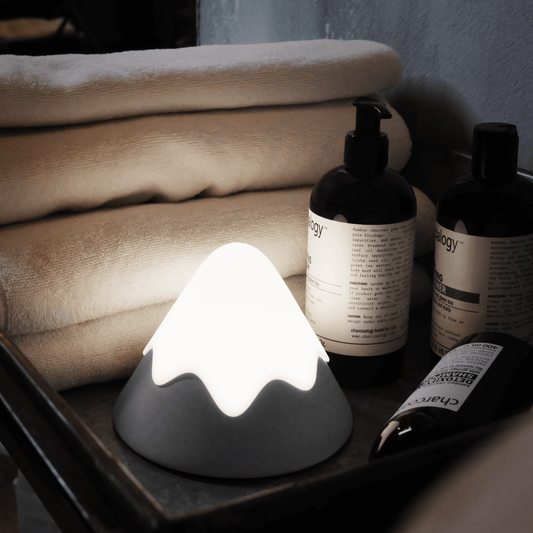We've all been there - feeling exhausted in the middle of the day, struggling to keep our eyes open. And what do we often do in this situation? We have a nap! But is napping actually a good thing, or does it just make us more tired? Let's have a look at the pros and cons of napping.

The Benefits of Napping
There are some definite advantages to taking a nap during the day.
Firstly, it can help to improve your mood and energy levels. If you're feeling tired and grumpy, a short 20-30 minute nap can work wonders in terms of making you feel more alert and refreshed.
Secondly, napping can help to boost your cognitive performance. If you need to be sharp for an important meeting or presentation, having a quick power nap beforehand can help you to think more clearly and be more productive.
The Disadvantages of Napping
However, there are also some downsides to napping that you should be aware of.
Firstly, if you're not a good sleeper at night, napping during the day can perpetuate the cycle of poor sleep. This is because it can disrupt your natural body clock and make it harder to fall asleep at night.
Secondly, if you have trouble sleeping at night, napping during the day can make your symptoms worse. This is because it can increase daytime sleepiness and make it harder to concentrate during the day.
Finally, napping too close to bedtime can interfere with nighttime sleep and make it harder to get a good night's rest. So if you're looking to improve your sleep, it's best to avoid napping in the late afternoon or evening.
So there you have it - the pros and cons of napping! Ultimately, whether or not naps are good for you depends on your individual sleep habits and patterns. If you're a good sleeper at night, then a daytime nap is unlikely to do any harm. However, if you're struggling with insomnia or poor sleep quality, then naps may not be the best idea as they could make your symptoms worse.





















